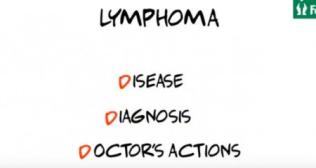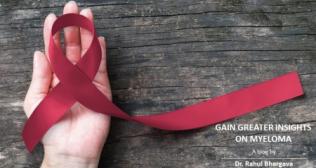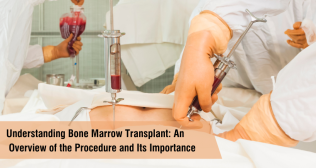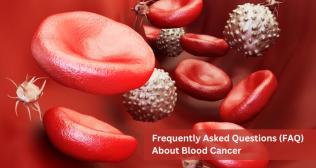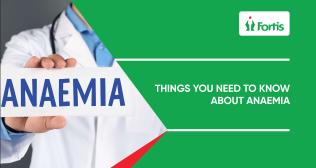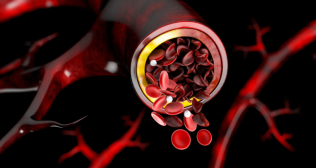
Common Symptoms of Anemia
Common Signs of Anaemia & How to Prevent it Naturally!
Anemia continues to be a major public health issue in India. In fact, the National Family Health Survey 2019-20 released earlier this year showed that more than half of Indian children and women were anaemic. Anaemia affects more than two billion people worldwide, which is more than 30% of the global population. Basically, anemia is a condition in which an individual lacks healthy red blood cells or haemoglobin to carry adequate oxygen around the body, leading to a number of symptoms. However, some people with anaemia have little or no symptoms.
What are the common signs and symptoms of anemia?
The signs and symptoms of anaemia vary according to the type and severity of anaemia. There are several forms of anaemia, all having different causes and treatments. The most common type of anaemia is iron-deficiency anaemia. Other forms of anaemia include - vitamin deficiency anaemia, aplastic anaemia, hemolytic anaemia, sickle cell anaemia, and anaemia due to chronic disease. Fortis Hospital, Hematology Care Mumbai physicians tell us common signs and symptoms that occur in all types of anaemia and should never be ignored.
- Persistent fatigue and loss of energy
- Pale or yellowish skin
- Irregular heartbeat, particularly with exercise
- Shortness of breath
- Headaches and dizziness
- Chest Pain
- Fatigue
- Weakness
- Cold hands and feet
Other common symptoms of anaemia include chest pain, cold hands and feet. You should seek medical help if you have a family history or risk factors for anaemia or notice any signs that concern you. Anaemia, if left undiagnosed or untreated, can lead to serious health complications such as severe weakness, poor immunity, frequent infections, heart problems, pregnancy complications, and even death.
Watch: What is Anemia?
How to diagnose anemia?
To diagnose anaemia, your doctor will perform a physical exam and blood tests. The type of treatments patients receives depend on the cause of anaemia. Fortis Hospital, Mulund, offers state-of-the-art comprehensive care across the spectrum of blood-related disorders, including anemia.
What to eat to prevent anemia naturally?
While you can’t prevent some forms of anemia - such as those that are inherited - you can certainly fend off some types of anemia caused by iron deficiency and vitamin deficiency by adopting a healthy diet rich in nutrients, vitamins, and minerals. Here are a few tips to help prevent or reduce your risk of getting anaemia naturally:
- Include iron-rich foods such as beans, lentils, dark green leafy vegetables, tofu, lean red meats, dried fruit, iron-fortified cereals, etc, in your diet.
- Eat foods rich in folate such as green peas, dark green leafy vegetables, kidney beans, peanuts, and enriched grain products (bread, cereal, rice, and pasta).
- Your diet should have enough vitamin B-12 and vitamin C. Meat, dairy products, soy products, and fortified cereal, are some foods rich in vitamin B-12. Vitamin C-rich foods such as citrus fruits and juices, tomatoes, broccoli, peppers, melons, and strawberries can also help in iron absorption.
- Also, ensure sufficient water intake. Some studies suggest that drinking enough water can keep hemoglobin levels up.
Making dietary changes can help prevent or manage anemia in some people. However, some types of anemia can be life-threatening, requiring treatment.
Are you considering visiting a haematologist in Mumbai region? Click here to get more information on Mumbai's best Anemia Treatment Hospital.
Categories
Clear allMeet the doctor

- Haematology | Haematology | Paediatric Haematology and BMT
-
14 Years
-
2000








